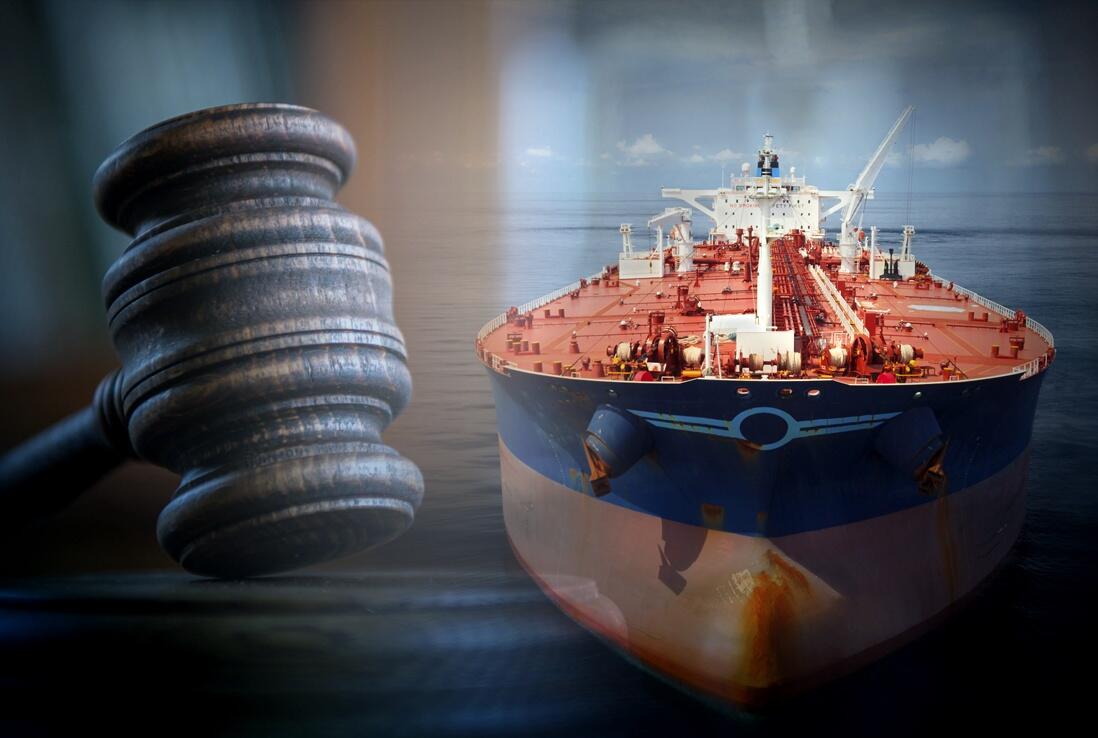Shipping line cargo claims
Shipping line cargo claims are the legal and business procedures that develop when there is loss, damage, or conflict involving the shipping of goods by sea. Shippers, consignees, freight forwarders, and the shipping line itself are all parties involved in these disputes. Assessing the damage, assigning responsibility, and seeking compensation for any losses sustained are usually the steps in the procedure.
Risks that affect commodities being carried by a shipping line include inclement weather, handling errors, theft, and accidents. The consignee has the right to submit a cargo claim if the products are compromised or damaged when they get to their destination. The first step in a claim is to inform the shipping line or carrier of the loss or damage within the time term specified by the contract or by international conventions like the Hague-Visby Rules or the Hamburg Rules, which are often indicated in the contract.
Following that, the shipping line looks into the claim by looking through different papers including the bill of lading, packing list, and inspection reports. In order to determine the severity of the damage, they may also physically examine the damaged items. If the shipping line acknowledges culpability, the compensation talks start. However, disagreements may occur if the shipping line contests the legality of the claim’s limited obligation under the terms of the contract, or denies culpability.
The parties often turn to arbitration or litigation to settle such issues. Many contracts have arbitration provisions that mandate that disputes be settled outside of court, via arbitration. Cargo claim issues may be settled more quickly and efficiently via arbitration.
It’s vital to remember that shipping and cargo claims are governed by a number of international agreements and laws. For instance, the Hague-Visby Rules set liability limits for carriers, and if certain requirements are satisfied, the carrier’s liability for the goods may be further restricted. Other agreements, such as the Rotterdam Rules, strive to update and simplify global regulations governing marine transportation, including cargo claims.
In conclusion, lawsuits against shipping lines for cargo are a challenging and important part of maritime commerce. They deal with the legal and business processes for resolving disputes, losses, or damage to items moved by water. The procedure involves notice, inquiry, determination of culpability, and sometimes negotiation or legal action. Navigating cargo claims requires a thorough knowledge of maritime law and the particulars of each case due to the complex web of international agreements and rules.
#NirvanaPhoenixPars #Export #Import #Claims #Arbitration #ShippingLine #Container


